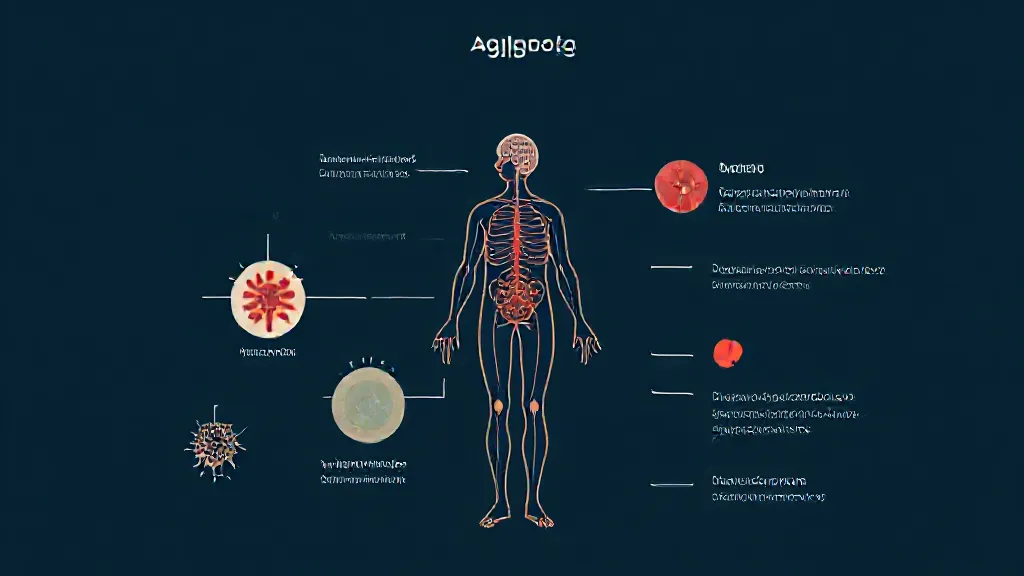The human body undergoes a complex process known as aging, which is characterized by a gradual decline in physiological functions and an increased risk of disease. Aging is not merely a biological phenomenon; it encompasses genetic, environmental, and lifestyle factors that interact intricately over time. Understanding why and how the human body ages requires a multidisciplinary approach, drawing insights from biology, genetics, and even sociology.
The Biological Mechanisms of Aging
At the cellular level, aging is often attributed to the accumulation of damage over time. This damage can arise from various sources, including oxidative stress, DNA damage, and telomere shortening. Oxidative stress, caused by free radicals, leads to cellular damage and is a significant contributor to the aging process.
Research indicates that as we age, our bodies become less efficient at repairing this damage, leading to cellular senescence—a state where cells lose their ability to divide and function properly.
Genetic Factors Influencing Aging
Genetics play a crucial role in the aging process. Certain genes have been identified that can influence lifespan and healthspan—the period of life spent in good health.
For instance, the FOXO3 gene has been linked to longevity in various populations. Studies of centenarians have shown that specific genetic variations can enhance stress resistance and metabolic efficiency, thereby contributing to a longer life. However, genetics alone do not determine aging; they interact with environmental factors to shape individual aging experiences.
The Role of Telomeres in Aging
Telomeres, the protective caps at the ends of chromosomes, are vital in the aging process. Each time a cell divides, telomeres shorten, and when they become too short, the cell can no longer divide and becomes senescent. This mechanism is thought to be a significant factor in the aging of tissues and organs.
Research has shown that lifestyle factors, such as diet and exercise, can influence telomere length, suggesting that while aging is inevitable, certain choices may mitigate its effects.
Environmental Influences on Aging
Environmental factors, including exposure to toxins, UV radiation, and lifestyle choices, significantly impact the aging process. For instance, individuals who smoke or have poor diets are often at a higher risk for age-related diseases such as heart disease and cancer.
Conversely, regular physical activity and a balanced diet rich in antioxidants can help combat oxidative stress and promote healthier aging. The interplay between environment and genetics underscores the complexity of aging as a multifactorial process.
The Impact of Chronic Inflammation
Chronic inflammation is another critical factor in aging.
As people age, the immune system may become less efficient, leading to a state of chronic low-grade inflammation, often referred to as "inflammaging." This condition is associated with various age-related diseases, including Alzheimer's disease, cardiovascular diseases, and diabetes. Understanding how to manage inflammation through lifestyle changes and medical interventions is an area of active research in the quest to promote healthy aging.
Psychosocial Factors in Aging
Aging is not solely a biological process; it is also influenced by psychosocial factors. Mental health, social connections, and community engagement can significantly affect how individuals experience aging. Studies have shown that maintaining strong social ties and engaging in meaningful activities can enhance life satisfaction and potentially extend lifespan.
The importance of mental and emotional well-being in the aging process highlights the need for a holistic approach to health.
Future Directions in Aging Research
As the global population ages, research into the mechanisms of aging is more critical than ever. Scientists are exploring various interventions, from pharmacological approaches targeting cellular senescence to lifestyle modifications that can promote longevity.
Advances in biotechnology, such as gene editing and regenerative medicine, hold promise for developing therapies that could delay the onset of age-related decline. Understanding the aging process is essential not only for improving individual health outcomes but also for addressing the broader societal implications of an aging population.
Conclusion: Embracing the Aging Process
While aging is an inevitable part of life, understanding its mechanisms can empower individuals to make informed choices that promote healthier aging.
By recognizing the interplay of biological, genetic, environmental, and psychosocial factors, we can better appreciate the complexity of aging and work towards enhancing quality of life as we grow older. The journey of aging can be viewed not just as a decline but as an opportunity for growth, learning, and continued contribution to society.
